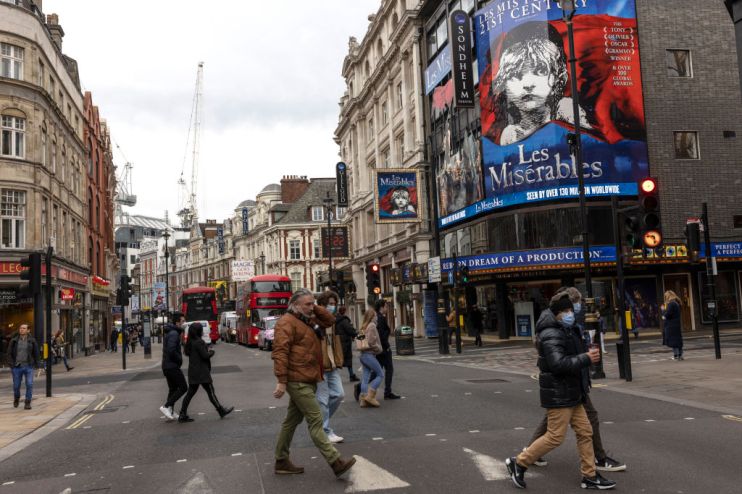Beleaguered London film studios could close despite demand spike, fear execs

Demand for UK film and TV production is set to spike – just as new ‘studio taxes’ cause venues to fear going out of business, industry executives have warned.
Studios face a newly-implemented business tax, known within the industry as a ‘studio tax’, which has halted productions and slowed others due to rising costs.
The 30 per cent hike in taxes, which came into force from April this year, is currently being investigated by the British Film Commission (BFC). An informal task force has been working with the BFC and are meeting with the Valuation Office Agency to outlay concerns.
The VOA has rethought the studios’ rateable values, the figure by which the property would rent for it if they were available on the open market. Those figures are used to calculate business rates, and a higher rateable value means a higher business rate. As per Deadline, Pinewood Studios’ rateable value will increase from £3.95m to £16.2m under new valuations introduced in April.
In recent years London has developed a reputation as a global filmmaking hub, making £97bn in revenue in 2022 as Europe’s most-used destination.
New analysis from Knight Frank reveals that the UK needs a further 2.6m square feet of studio space by 2028 to keep up with a projected £2.4bn increase in film and TV production spend on our shores.
The ongoing actors’ strike, and the writers’ strike, which is due to end, have also caused challenges as productions have been forced to pause. Talks are ongoing between studios, government bodies and the BFC.
“We hope that the situation will be averted before any studio goes out of business,” says Stephanie Hartog, managing director of RD Studios.
”A business area that was thriving and boosting the UK economy by hundreds of millions will no longer be able to do that. Studios operate on small margins and will be forced to increase prices and reduce costs to the bare bones in an effort to meet the proposed hikes. People will inevitably lose their jobs as a result. The business will go elsewhere – growing some other countries’ economies. That is in spite of the wealth of great talent and resources.”
Oliver Royds, CEO of Troubadour Theatres is “positive” that the industry will bounce back “quickly” following the the “dramatic” damage done by all international productions being put on hold due to the writers’ strike, but says our status in international filming is being put in “serious jeopardy” by the new taxes.
“The film and TV industry contributes over 5bn a year in tax revenue for central government alone, not to mention the hundreds of thousands of jobs that it creates. The recent hike puts all of that in serious jeopardy as it simply makes it too expensive to film here in the UK,” he says.
Royds describes ongoing efforts to try to reduce the impact of the ‘studio taxes’ as aiming to find a “sensible solution.”
Knight Frank’s analysis revealed a sharp increase in build and financing costs and the need for smaller, specialist facilities to meet demand.
Paul de Carvalho, head of studios at Knight Frank, said: “While the Hollywood writers’ and actors’ strikes have cooled demand for UK studio space in the short-term, we anticipate demand to rebound strongly over the coming years with development of new facilities initially struggling to keep pace. At the same time, the US strikes have highlighted the dependence of the UK industry on US productions, which studio developers will need to take into account.”
In the summer, Sunset Studios Waltham Cross, a £700m project in Hertfordshire, was paused due to ongoing uncertainty with property taxes.
An HM Treasury spokesperson said: “We recognise this is a challenging time in the film and TV industry.
“That is why we have backed studios with sector specific tax reliefs that have supported over 6000 film and TV productions and provided almost £1.4bn of support last year.”
